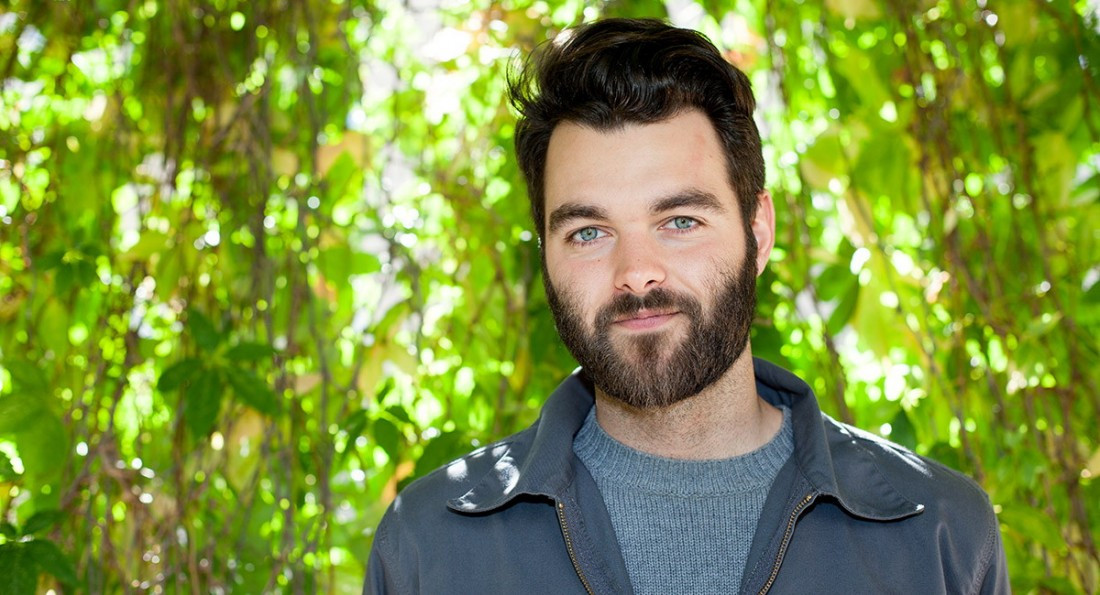Eco-Kids cancelled due to lack of funding
Closing of Eco-Kids program opens up debate about corporate sponsorship on campus
The University of Winnipeg Students Association is encouraging the University of Winnipeg to develop an ethical partnership policy in light of the cancellation of the Enbridge Eco-Kids program.
Eco-Kids, a community outreach initiative operated by the university, brought in sixth-grade inner-city students for science workshops taught by U of W faculty and students. Piloted in 2008 and formally founded in 2009, it was cancelled this September due to lack of funding. Enbridge previously donated the $25,000 necessary to operate the program through their Schools Plus program.
Enbridge, based in Calgary, owns and operates Canada’s largest oil and gas distributor, and is one of the worlds largest pipeline companies.
According to a statement released on September 5, 2013, the UWSA Board of Directors “formally express opposition to Enbridge’s sponsorship of programming at the University of Winnipeg, and encourage the administration to develop an ethical partnership policy.”
It was further clarified that “the value of programs like Eco-Kids is significant, and we feel strongly that cancelling the program is not in the best interests of any of its stakeholders.”
The UWSA reiterated their position in a statement released on September 10, alluding to the University’s commitment to sustainability.
“The University should not be accepting funding from corporations with such sordid environmental records.”
UWSA VP Advocate Rorie John McLeod Arnould believes the programs are vital to the community, but that they ought to be funded by an organization or company that places a higher priority on being eco friendly.
“We applaud the university’s efforts to find the funding to pursue community learning initiatives,” he says. “We do believe [in] these types of programs, when they are attempting to do good work and change cycles of poverty that are occurring in the inner city of Winnipeg.
“We also understand that it is very difficult for the University to find public funding for these projects. However, our position is that the University should not be engaging with companies like Enbridge, because it permits Enbridge to distract from their environmental record.”
According to The Polaris Institute, based on Enbridge’s own data, there were over 800 ruptures of their oil pipelines between 1999 and 2010.
Eco-Kids is not the only group to accept funding from Enbridge’s Schools Plus program. The program, founded in 2009, has awarded over 3 million dollars in grants to First Nations schools and programming.
Science funding in general has become an issue at the forefront of the Canadian political community as of late, with such events as this month’s Save Our Science rallies that happened across the country. Public funding cuts have caused a sharp increase in private sponsorship of scientific research.
U of W administration was unavailable for comment by press time.
Published in Volume 68, Number 4 of The Uniter (September 25, 2013)







